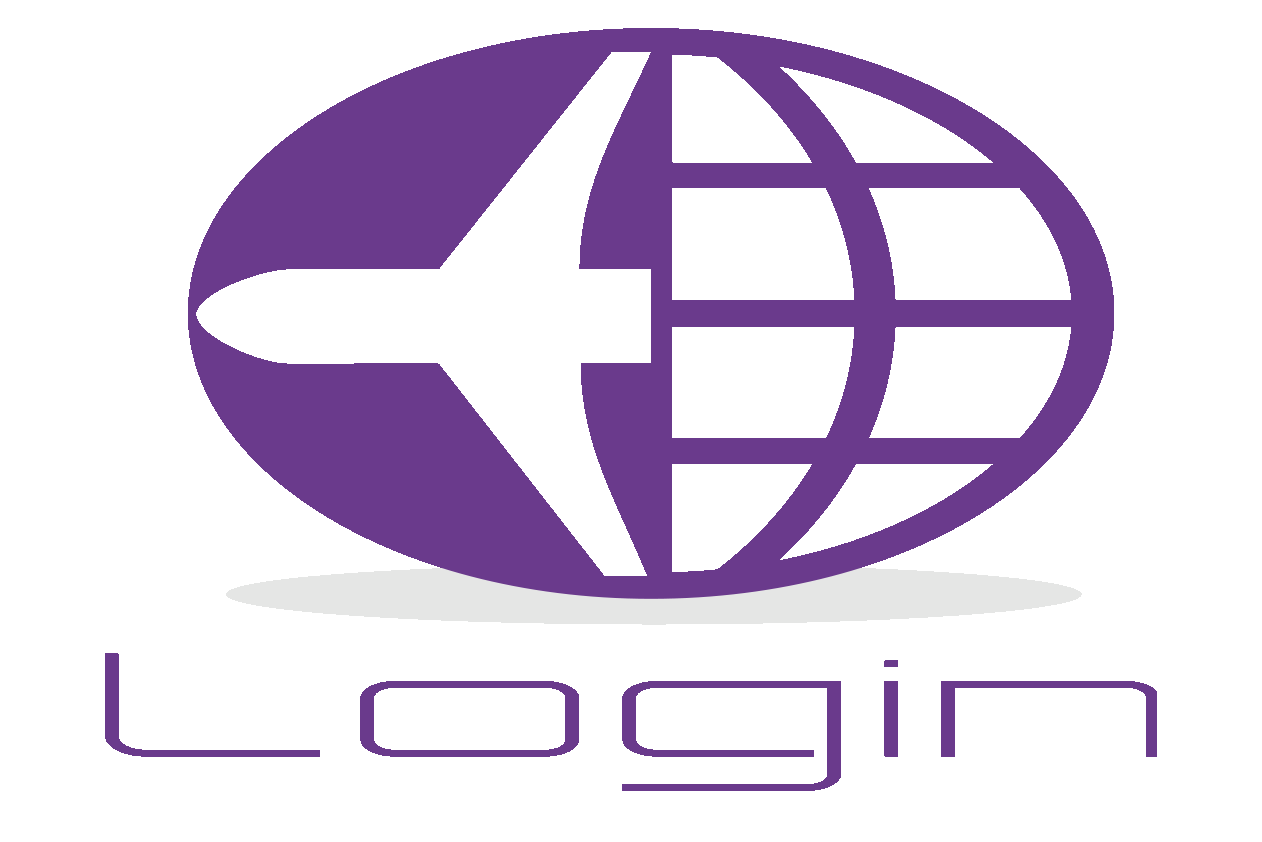Eviation Alice
In recent years, there has been a growing global concern about the environmental impact of air travel and private jets that emit at least 10 times more pollutants than commercial planes per passenger.
Overall, the development of electric private jets is a positive step towards making air travel more sustainable. However, more research is needed before these jets can become a reality. The technology used to create electric jets is still under development, engineers are looking for lighter, more powerful, and longer-range batteries as they are developing more efficient cooling and propulsion systems, some companies like Eviation is working already with this technology.
September 27th 2022 flight test, with test pilot Steven Crane at the controls, marks a significant milestone in the development of the Alice aircraft, which is designed to carry up to nine passengers and two pilots on daytime VFR flights of 250 nm.
GlobalX Airlines ordered 50 aircraft, with deliveries starting in 2027. The U.K. Based aerospace company Monte orders up to 30 of Eviation's Alice back in May, and has signed a Letter of Intent for up to 30 all-electric commuter Alice aircraft. Monte will provide financing and leasing solutions for Alice and its associated charging infrastructure to its global customer base of regional aircraft operators.
Northern Territory Air Services (NTAS), an Australian scheduled airline and charter aircraft operator, has signed a Letter of Intent (LOI) for 20 all-electric Alice commuter aircraft. The Alice is leading the way toward a new era of carbon-free, cost-effective, and convenient electric aviation. Together, these attributes will empower NTAS to sustainably serve its customers in remote areas of Australia through the enhanced provision of point-to-point air transport.
Eviation
Eviation Alice is an electric aircraft designed to accommodate nine passengers and two crew members. Is it the world’s first all-electric passenger aircraft? Its construction incorporates 95% composite material and is powered by two electric motors. MagniX was selected by NASA to demonstrate electric propulsion technologies for the Electric Powertrain Flight Demonstration program, recognized by the FAA with the release of special conditions for certification and with zero-emissions, all-electric technology.
It is not just an aircraft; it represents a transformative shift in the way we think about air mobility. With its electric propulsion system, impressive range, and passenger-centric design, the Alice sets the stage for a future where sustainable, efficient, and accessible air travel becomes the norm
Advanced digital flight deck built with performance, workload reduction, and pilot comfort in mind. Alice is the first FAR23 category aircraft with a FBW (Fly-By-Wire) fully electronic.
This Aircraft embraces the era of autonomous flight. The aircraft can operate with minimal human intervention. The integration of autonomous capabilities not only enhances safety but also contributes to more efficient and streamlined operations.
With battery technology similar to that of an electric car or a cell phone and 30 minutes of charging, the nine-passenger Alice will be able to fly for one hour, and about 440 nautical miles. The plane has a max cruise speed of 250 kts, or 287 miles per hour. For reference, a Boeing 737 has a max cruise speed of 588 miles per hour. The company, focused exclusively on electric air travel, hopes that electric planes that can fit 20 to 40 passengers will be a reality in seven to 10 years
Boasts an innovative and passenger-centric design. With a spacious cabin that can accommodate up to nine passengers, the aircraft prioritizes comfort and convenience. Its sleek interior features large windows, ample legroom, and comfortable seating, ensuring a pleasant flying experience for passengers
The September 27th test flight, with test pilot Steven Crane at the controls, marks a significant milestone in the development of the Alice aircraft, which is designed to carry up to nine passengers and two pilots on daytime VFR flights of 250 nm. GlobalX Airlines ordered 50 aircraft, with deliveries starting in 2027.
Electric Business jets are important for a number of reasons, including the environmental benefits because they produce zero emissions which can reduce air pollution. Of course, there are also some challenges that need to be addressed before electric business jets can become mainstream, for example, the need for longer-range batteries and more powerful electric motors.
Login aviation continues to be informed about the new trends and the future of the aviation industry to adapt to the new technological decades that are to come.







